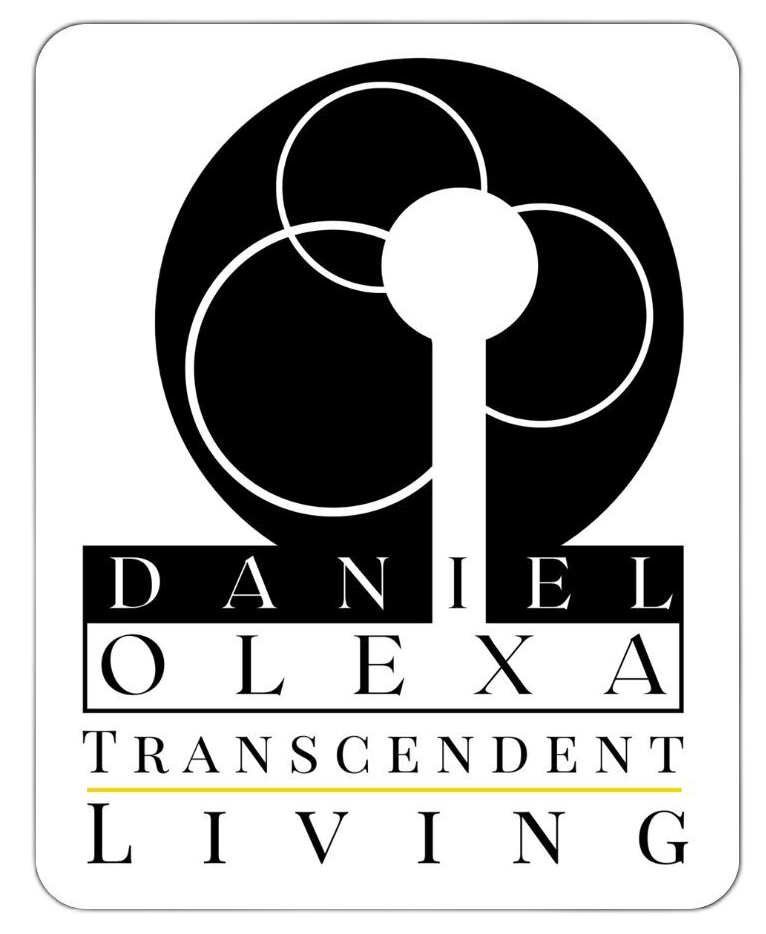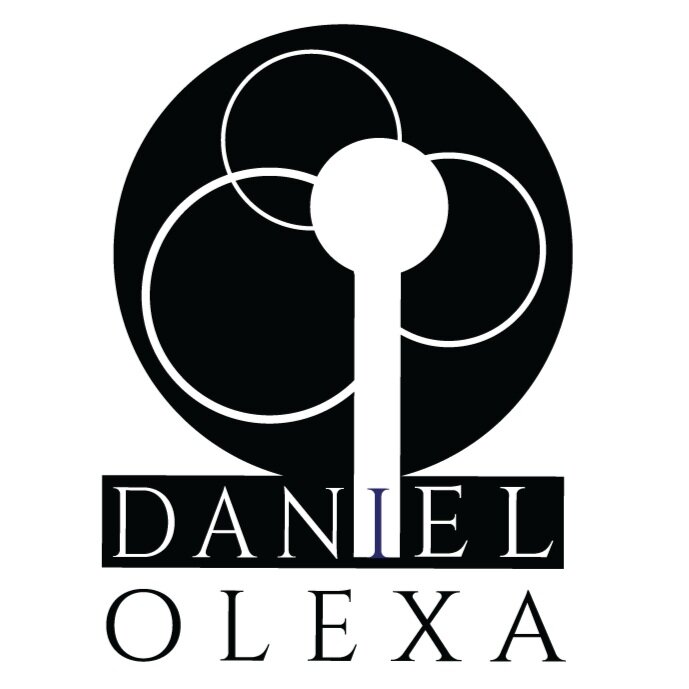Is Coaching a Commodity? How to Choose the Right Coach (and Price) for You
You’ve seen the same words a hundred times.
“Transform your life.”
“Step into your power.”
“Unlock your potential.”
Different coach. Same script. Different price. Same promise.
And at some point, you start wondering: “Is coaching even different anymore? Or is everyone just selling the same thing in a prettier box?”
It’s a fair question. Because when everything starts to sound the same, two things happen:
You start making decisions based on price, polish, or urgency.
You stop trusting yourself to know what’s actually a fit.
That’s when coaching becomes a commodity. And that’s when it stops working.
If sameness is the problem, how do you choose what’s real?
Let’s break this down, honestly, clearly, without the hype.
1. When Coaching Starts Feeling Like a Commodity
You’re not imagining it – the self-help world does all sound the same after a while.
My wife gives me a hard time for reading self-help book after self-help book (particularly when we’re on vacation).
“Don’t they all just say the same thing,” she asks.
And I have to admit, “Yeah, they do…BUT they all say them in different ways.”
“Are you reading them for your clients or for yourself?” she’ll follow up.
“Both…because I never know when a different lens might land for a client, and I find the interconnectedness of the theories fascinating.”
But I slightly digress…
The rise of copy-paste frameworks, marketing blueprints, and “signature methods” has flooded the coaching space with people saying the same thing in slightly different fonts.
It’s not that these coaches are bad. Many are sincere.
But the sameness is real, and it makes it hard to tell who’s actually equipped to help you.
Commodity coaching feels cookie-cutter and replaceable. Because it is.
Craft-coaching is unmistakeable, because it is custom, it’s art, it’s flow, it’s presence.
One’s built on scripts, the other on human connection. Which do you want?
Here’s how you know you’re in commodity coaching territory:
Everyone’s promising transformation, but no one can explain how. (Let alone what it is beyond the metaphor of a butterfly.)
You see more emphasis on income claims than actual client stories.
The entire pitch is urgency, scarcity, and polished branding, while being thin on depth. (Urgency is the biggest trap. Whether it’s an impending-event close to get you to sign up TODAY or, worse, the promise of a quick-fix, speed kills. It kills understanding by being surface. It kills integration by no allowing time for true change to sink in – so problems repeat quickly. And it kills trust, because you start to question yourself, the process, and the practitioner when you start circling again.)
You leave discovery calls feeling like a lead, not a human.
When this becomes the norm, we stop asking: “Who can hold what I’m really carrying?”
And we start asking: “Who has the best payment plan?”
That’s the trap.
A payment plan might be nice, but what’s priceless? A coach who can sit with you in the unknown, in the shadows, in the unexplored spaces of self, to bring light to what needs to be addressed. That’s the real investment.
2. Why Price Tells You Almost Nothing
Let’s be honest: coaching prices are all over the place.
You’ll find one coach charging $125/session and another asking $15K for a 3-month package.
Same niche. Same words. Huge gap.
Here’s what that actually means:
A higher price doesn’t guarantee quality.
A lower price doesn’t mean they’re not skilled.
Pricing often reflects their internal narrative, not the actual value to you.
Some charge based on the lifestyle they want. Others price to prove worth. A few price based on depth, capacity, and results; but they’re rare.
So what should you pay?
Pay for presence, not polish.
Pay for resonance, not promises.
Pay for someone who feels like they could walk beside you—not stand above you.
3. How to Tell When a Coach Is Worth It
Forget the sales page for a second. Go deeper.
Ask these instead:
Can they describe who this work is for, not just what it does?
Can they name what they won’t help you with?
Do they talk more about their own growth—or yours?
Do they slow down when you’re emotional, or speed up to fix you?
Are they still doing their own work—or are they just selling yours?
You’re not looking for perfect. You’re looking for real. And that experience always holds up under questions.
4. What to Look for in a Pricing Structure
Price is never just about cost. It’s about clarity.
Look for:
Value-based pricing: Not tied to hours, but to outcomes.
Structured spaciousness: Enough time and support to integrate—not just react.
Capacity over volume: Fewer clients, deeper work.
Clear boundaries and access: You know what’s included—and what’s not.
Most importantly, look for someone who isn’t trying to convince you.
If you feel relief on the call—not pressure—you’re probably in the right room.
5. It’s Not a Commodity If It’s a Fit
Here’s the truth:
Coaching is only a commodity when you ignore your gut.
When you stop asking real questions.
When you settle for polish over presence.
But when you choose based on fit—not fear, not FOMO—you don’t just get support. You get someone who can hold your truth without trying to shape it.
That’s not a commodity.
That’s a gift.
And you’re allowed to wait until you find it.
6. PS BONUS: How to choose the BEST coach for you.
This work, actually the work of all of the helping fields, gets done in rapport. The key is trust.
Think about it…if you don’t trust someone, will you be honest and vulnerable with them? You already know the answer to that question…and the dollars of your investment will not change it.
Go slow. Vet several practitioners. After those conversations, ask yourself these questions:
“Who did I feel most connected to?”
“Who did I feel understood me the most?”
“Who do I trust?” – Take time to sense into that one. This is a gut feeling, your intuition. Don’t over-think it or bring money in at this moment.
These answers will guide you to a relationship where the real work will be done. And that’s not about a price tag.
If you don’t feel it in your body, it’s not a yes. It’s a ‘no’ or a ‘maybe.’
Nos are clear…and you don’t build transformation on maybes.


